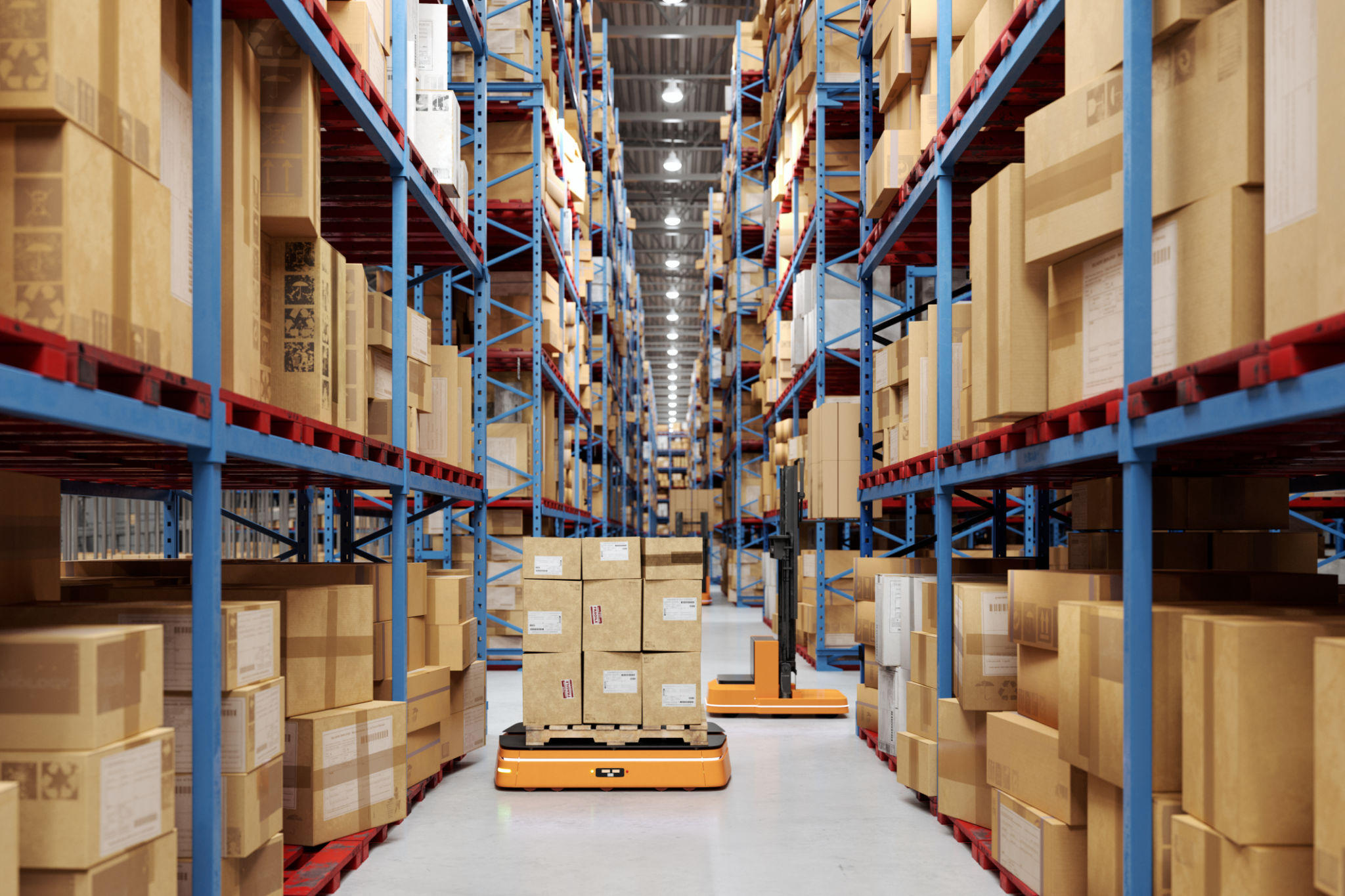Dubai's Role in the Global Vegetable Trade: Insights and Opportunities
Dubai: A Strategic Hub for Global Vegetable Trade
Dubai has emerged as a strategic hub in the global vegetable trade, leveraging its unique geographical location and world-class infrastructure. Situated at the crossroads of Europe, Asia, and Africa, Dubai acts as a vital conduit for vegetable exports and imports, facilitating seamless trade across continents.

Infrastructure and Logistics
One of the key factors contributing to Dubai's role in the vegetable trade is its state-of-the-art infrastructure. The city boasts some of the largest and most advanced ports, such as Jebel Ali Port, which is equipped to handle massive volumes of cargo efficiently. This infrastructure supports a robust logistics network that ensures vegetables are transported swiftly and safely.
Additionally, Dubai's extensive air freight capabilities, with its world-class airport and numerous weekly flights, enable rapid distribution to various global markets. This logistical strength reduces transit times and ensures that perishable goods like vegetables reach their destinations in optimal condition.

Trade Policies and Economic Incentives
Dubai's trade-friendly policies further bolster its position in the global vegetable market. The city offers a business-friendly environment with minimal tariffs, streamlined customs procedures, and free trade zones. These incentives attract international traders looking to capitalize on Dubai's strategic location and efficient trading ecosystem.
Moreover, the government's commitment to diversifying the economy has led to substantial investments in agriculture and food security initiatives. These efforts ensure a steady supply of vegetables, supporting both local consumption and re-exports.
High Demand and Diverse Markets
The demand for fresh vegetables is consistently high in Dubai due to its multicultural population and thriving hospitality sector. This demand creates opportunities for traders to supply a wide variety of produce from different regions, catering to diverse culinary preferences.

Furthermore, Dubai serves as a gateway to emerging markets in Africa and Asia. With increasing urbanization and rising incomes, these regions present lucrative opportunities for vegetable exporters. Dubai's strategic position enables easy access to these expanding markets, facilitating growth for traders.
Challenges and Future Prospects
While Dubai's role in the global vegetable trade is significant, it also faces challenges such as climate conditions and water scarcity affecting local production. To address these issues, there is a growing interest in sustainable practices like hydroponics and vertical farming, which are gaining traction in the region.
Looking ahead, Dubai's commitment to innovation and sustainability promises to enhance its role in the vegetable trade further. The city's focus on technological advancements in agriculture and logistics will likely create new opportunities for growth and collaboration in the global vegetable market.
